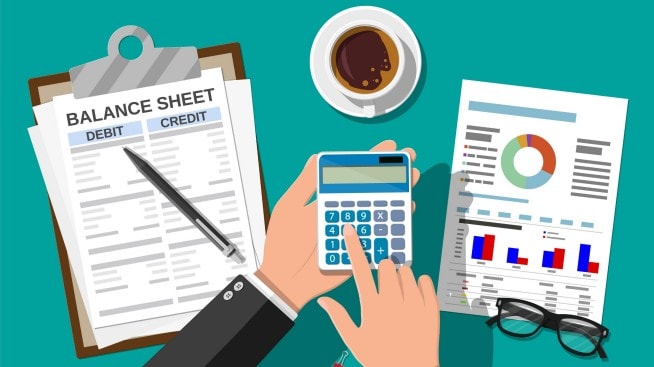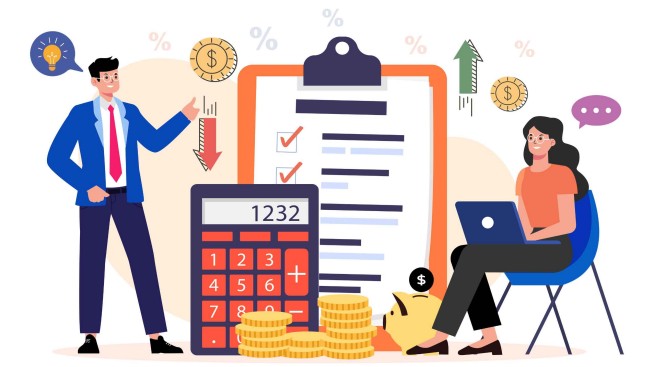How to check your child’s credit report

Highlights
- Your child may have a credit report if they are an authorized user on a credit card account.
- Reviewing your child’s credit report is a helpful way to keep track of potential fraud.
- Monitoring credit reports is an essential part of overall financial wellness.
Generally, you have to be 18 years old to be able to take out a credit card and receive a credit report. However, if you have your child as an authorized user on a credit card account, this may generate a credit report for your child (though not all issuers report this activity). The specific age an authorized user can be varied depending on your financial institution but they can usually be as young as 13.
If there is a credit report under your child’s name, you may want to review it and help your child understand the activities that could impact a credit score, which they’ll receive at age 18. In this article, we will discuss:
- Steps for receiving your child’s credit report
- Reasons to check your child’s credit report
- Reviewing existing credit history
Steps for receiving your child’s credit report
To receive a copy of your child’s credit report, you will need to contact three main credit bureaus — Experian™, Equifax® and TransUnion® — to see if they have a report on file for your child. You can do this by accessing their websites or calling.
Note that you may need to provide proof of your child’s identity, including but not limited to:
- Social Security number (SSN)
- Residential address
- Date of birth/birth certificate
Reasons to check your child’s credit report
As a parent, you’re probably looking out for your child’s future, including their financial wellness. Reviewing their credit report can help protect them from fraudulent activity or child identity theft. For example, if you notice suspicious account openings, you could review these with your child and see if their sensitive information has been stolen. Being aware of this early on can help you take action before your child’s identity becomes even more vulnerable to bad actors.
You can use this report as a way to jumpstart a conversation with your child about the importance of credit. Even though you are entitled to just one free copy of your child’s credit report a year, reviewing this document with your child early on is a great way to build credit over time and to start learning how to responsibly manage finances.
Reviewing existing credit history
If a child is an authorized user on your credit card account, you can review their credit history by accessing their credit report. Reviewing this credit history can help you and your child monitor their credit, which will be an important part of improving their credit score in the near future. Note that while a minor may have a credit report generated due to being an authorized user, they won’t receive a credit score until they are 18.
Once your child is 18, they can enroll in Chase Credit Journey®, a free online tool where they can review their credit score for free. They may want to open up their own credit card and begin tracking their history themselves. With Credit Journey®, they can learn more about the factors that affect their credit score, review their score and explore ways to improve it.
Fraudulent activity
An essential reason for reviewing your child’s credit report (and for them to continue monitoring it after 18) is to be on the lookout for potentially fraudulent activity. Bad actors can steal children’s sensitive information (not just credit card information) to commit financial-related crimes. Identity theft can hurt their credit score in the future or make it difficult to open future lines of credit.
When your child is 18, then can enroll in identity monitoring alerts provided through Credit Journey. This is a helpful way to stay aware of potential suspicious activity such as finding sensitive information in a data breach. From there, you or your child can take action on fraudulent activity. Credit Journey provides a dispute guide to help you through this process as well.
In summary
Even if your child doesn’t have a credit score, they can have a credit report generated if they are an authorized user on a credit card account. Reviewing their credit report and credit history is a great way to introduce the importance of credit monitoring at a young age.



